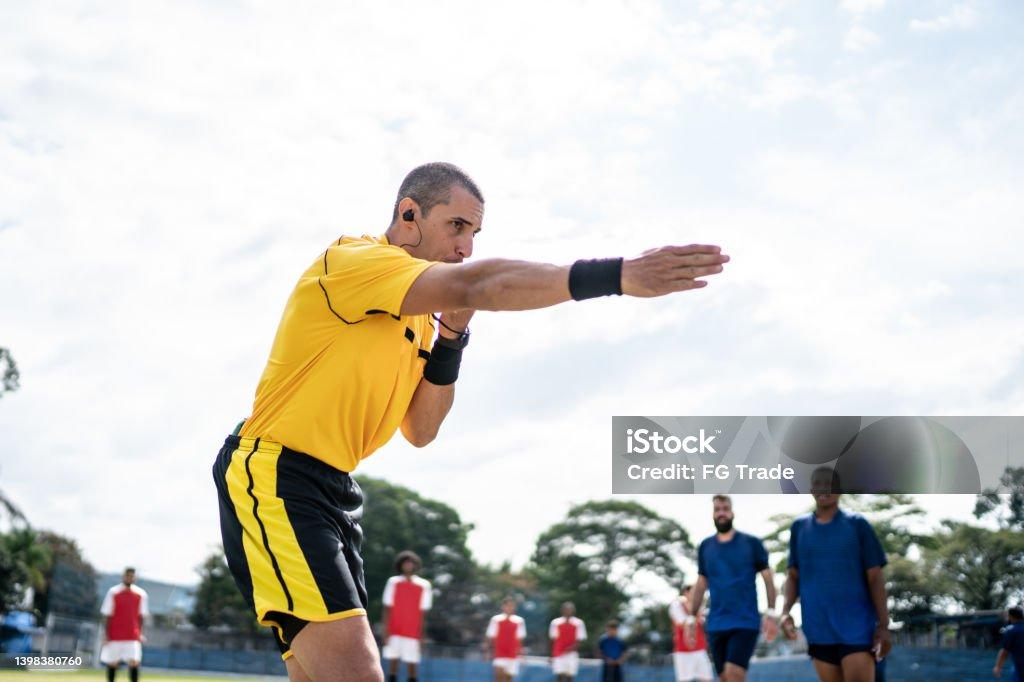With referees and umpires invariably and forever being scrutinised in all levels of all sport, it will forever be a contentious topic.
It’s contentious for journalists, as well as officials, coaches, players and spectators.
As a journalist, I need to maintain an objective and impartial point of view when assessing the performances of teams, players and referees.
In professional sport, technology has gone some way to assisting the match officials. But in saying that, human interpretation and human error cannot be removed from the game.
In country sport (including what appears in the Gunnedah Times), there’s no such assistance regarding technology. This means the referees and umpires only have a split second to make up their mind, based on their observation.
This week, the Gunnedah Times features a story about a local rugby union referee, who was generous enough to share his story.
I take my hat off to John McKay for making the transition from rugby union player to referee.
Before we delve any deeper into the complexities of the topic, I think everyone would agree that there are times when they feel that “their team” (i.e. the team which they support) receives a raw deal from the match officials.
Most (dare I say “virtually all”) supporters of any sporting team find referees and umpires frustrating (or worse) at times.
Is this justified?
Well, the answer is probably yes and no.
This leads to another question, which is how to best deal with things when a referee’s or umpire’s decision is supposedly wrong or unjust.
For any spectator, sideline critic and armchair critic, it’s hard to imagine that letting off steam and voicing disapproval is going to make any difference to the outcome. Making abusive comments online (i.e. being a keyboard warrior) is certainly not the answer either. I have my own thoughts about keyboard warriors, but that’s a whole other issue altogether.
The fact of the matter is: the referees and umpires have a job to do, and they are the ones who make the decisions.
Whether the referees/umpires are right or wrong is largely subject to one’s allegiance to one team, meaning not everyone is likely to agree with the decisions of those with the whistle.
This inevitably suggests referees/umpires are never going to please everyone.
One thing that is more certain is that the referee/umpire won’t change their mind.
Bearing this in mind, why do some players take it upon themselves to argue with the referee/umpire? Do they really think that’s going to help, or change the decision?
Realistically, a player has no choice but to accept the decision and get on with the game.
In fact, I’d have thought the referee/umpire could be prone to penalising a team even more if its players are giving them a hard time.
Team captains (and coaches) surely have a responsibility here, in terms of instilling discipline into the team.
If any team is repeatedly penalised for dissent, its players are evidently not learning their lesson.
Another question I have is: why do people use words like “cheat” or “biased” with regard to referees and umpires?
Do the match officials deliberately try to disadvantage one team in favour of the other? Do they deliberately make wrong decisions?
A mistake is a mistake. Is it fair to call it “cheating” or “bias” instead? Even if people think their team cops the short end of the stick more than the other team, is this a deliberate or premeditated act on the referee’s or umpire’s part?
I think not.
They’re an easy target for criticism, but who said anyone (including referees and umpires) is perfect?
Players make mistakes, yet supposedly these errors are legitimate because that’s all “part of the game”, so to speak.
Admittedly the role of the match officials is different because they’re adjudicating on what’s happening. But just like the players, referees and umpires are human and they make mistakes too.
With that in mind, surely it’s below the belt to use words like “biased” and “cheat”.
The other thing is, referees and umpires are in short supply.
Without them, there isn’t a game.
If they are going to be criticised incessantly, surely the numbers could diminish even further and consequently threaten the state (and health) of many sports.
Does anybody really want that to happen?
To order photos from this page click here



